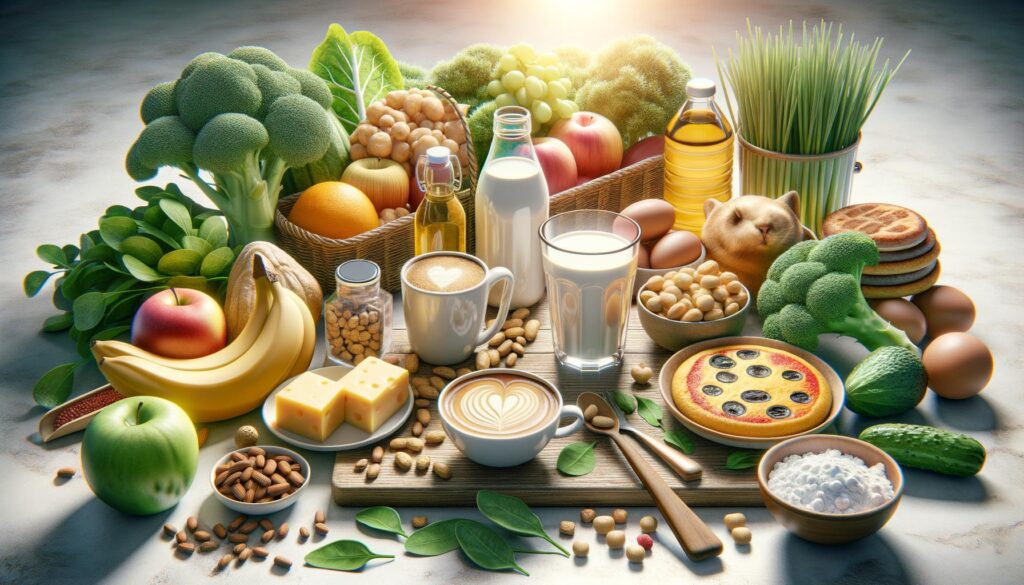Foods to Avoid for Macular Degeneration

Understanding Macular Degeneration
Macular degeneration is a common eye condition that affects older adults, leading to vision loss in the center of the visual field due to damage to the retina. The macula is the part of the eye responsible for sharp central vision, which is necessary for activities such as reading and driving. There are two main types of macular degeneration: dry and wet. While genetics and age significantly influence the development of the disease, dietary habits play a pivotal role in its prevention and management. Hence, avoiding certain foods can help mitigate the risk of progression of macular degeneration.
The Impact of High-Glycemic Foods
Foods with a high glycemic index are known to impact blood sugar levels rapidly. Consuming such foods can lead to spikes in glucose and insulin levels, which may exacerbate the risk of macular degeneration. Some high-glycemic foods to limit or avoid include:
- White bread and pastries
- Sugary cereals
- Rice and pasta made from refined grains
- Sugary drinks and sodas
A diet rich in low-glycemic foods, which release sugar gradually into the bloodstream, can help maintain stable blood sugar levels and potentially reduce the risk of eye conditions.
Trans Fats and Processed Foods
Trans fats are notorious for their adverse health effects and eye health is no exception. Found in many processed foods and commercially baked goods, trans fats contribute to inflammation in the body, which may affect retinal health. It’s advisable to check food labels for trans fats, which can often be hidden under names like partially hydrogenated oils. To support eye health, it is better to opt for:
- Whole, unprocessed foods
- Healthy fats from sources like olive oil and avocados
- Nuts and seeds, which provide essential nutrients without harmful fats
Choosing a diet low in trans fats can contribute to overall health and reduce the likelihood of disease progression.
Sodium and Its Role in Eye Health
Sodium, when consumed in excess, can lead to high blood pressure, a condition often associated with an increased risk of developing macular degeneration. Processed and pre-packaged foods often contain high levels of sodium, making it essential to read labels and choose low-sodium options when possible. Consider minimizing intake of:
- Processed meats such as bacon and sausage
- Canned soups and packaged snacks
- Pre-seasoned food items
Adopting a balanced diet with whole foods naturally low in sodium can help maintain overall health and protect vision.
The Benefits of a Diet Rich in Antioxidants
While focusing on foods to avoid, it’s equally important to embrace those that benefit eye health. A diet rich in antioxidants, including vitamins C, E, and zinc, can support retinal health. Foods such as leafy greens, citrus fruits, and nuts offer protective benefits and can be included regularly in your meals. Enhancing your diet with these nutrient-rich foods not only helps maintain clear vision but also contributes to a healthier aging process overall.
Conclusion: Eating for Eye Health
Maintaining a diet that minimizes high-glycemic foods, trans fats, and excess sodium while embracing antioxidant-rich foods can be beneficial in managing macular degeneration. Such dietary changes not only support eye health but also contribute to overall well-being. Taking control of your diet is a proactive step towards preserving your vision and maintaining your quality of life well into old age.
